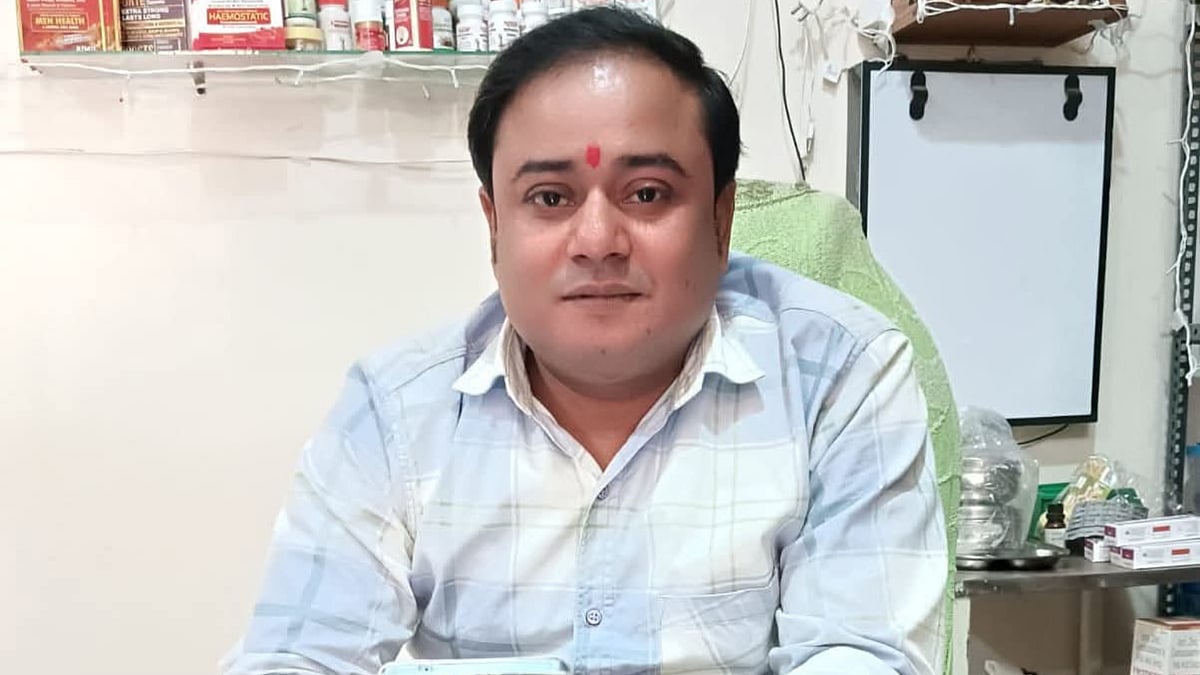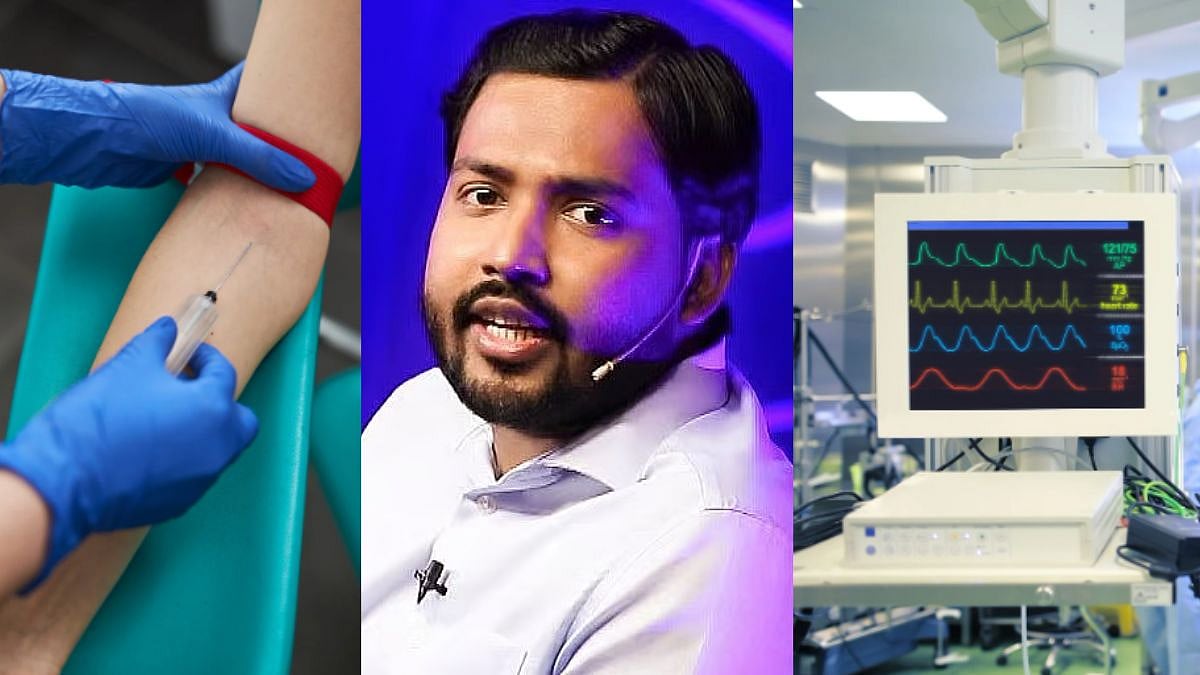There is a lot of conventional wisdom on eating right like having more fibre-rich foods, focusing more on plant foods and most of these advices revolve around what to eat and how much to eat. However, a third parameter is also gaining a lot of popularity these days namely ‘When to eat’. This technique, known as intermittent fasting, everybody seems to be talking about these days. So, let us understand in details about this.
What is the concept of intermittent fasting?
The basic concept or the physiology of intermittent fasting requires you to eat all the calories and nutrients you would ordinarily consume throughout the day within a specific time window. Intermittent fasting is not a diet; it is a pattern of eating. It is a lifestyle habit.
The science behind intermittent fasting?
Japanese cell biologist Dr Yoshinori Ohsumi won the Nobel Prize in Medicine in 2016 for his research on autophagy. Autophagy is a process whereby cells recycle and renew themselves. During autophagy, cells destroy viruses and bacteria and get rid of damaged structures. It’s a process critical for cell health, renewal, and survival.
Dr Ohsumi showed that people who get affected by cancers, Alzheimer’s and many other devastating diseases, their body cannot clean itself i.e., the process of autophagy stops. He also proved intermittent fasting reactivates the process of autophagy, which helps slow down the ageing process and has a positive impact on cell renewal and overall health.
Should we do it? If yes then why?
If intermittent fasting suits you, then you should definitely make it your lifestyle. The digestive system has billions of enzymes that can either digest food or can clean our system. The digestive system utilizes nearly 80% of our body’s energy leaving merely 20% for other processes like detoxification, repair, healing, growth, and rejuvenation. So, by giving a break to your digestive processes for a while, the body is able to direct all its energy towards healing and detoxification.
How to fast intermittently?
The easiest and most popular varieties involve taking advantage of your natural overnight fast by pushing the first meal of the day forward a number of hours. Once you have passed the 12-hour mark from dinner the night before, you are truly in a fasted state and you begin to rely on stored body fat for fuel.
Benefits of intermittent fasting
Right from losing weight to correcting high blood pressure, detoxifying the body, healing lifestyle diseases like diabetes, cancers, fatty liver and also promoting healthy ageing, intermittent fasting has a key role to play.
How to break intermittent fasting?
Irrespective of whatever number of hours we follow i.e. 12 or 14 or 16, the best way to break intermittent fasting is with a fruit or green tea which are comparatively easy to digest. Many people have their lunch after fasting for 16 hours straight, which is not a good idea.
What should I eat during intermittent fasting?
Drink water. There is no better way to keep your body hydrated and metabolism working at an optimum level. Try to avoid green tea or black or any herbal infusion like jeera water etc.
Few myths about intermittent fasting
There are many myths that revolve around intermittent fasting. Few of the common ones are –
a. Intermittent fasting means only 16 hours – The minimum number of hours has to be 12. It can be more than that depending on your convenience and health issues.
b. It is not good for diabetic people – It is extremely beneficial for diabetic patients as it helps in lowering blood sugar levels and treating insulin resistance.
c. If I don’t eat will I get low blood sugar? – Studies have shown that healthy persons who have no underlying medical conditions can last for extremely long periods of time without suffering from any hypoglycemia.
Who should not do intermittent fasting?
It is not recommended for pregnant women.
To conclude, intermittent fasting is a healthy eating practice that is deeply rooted in our culture with unlimited benefits. We should aspire to make this a regular habit in order to be fit, fine and disease-free lifelong.










